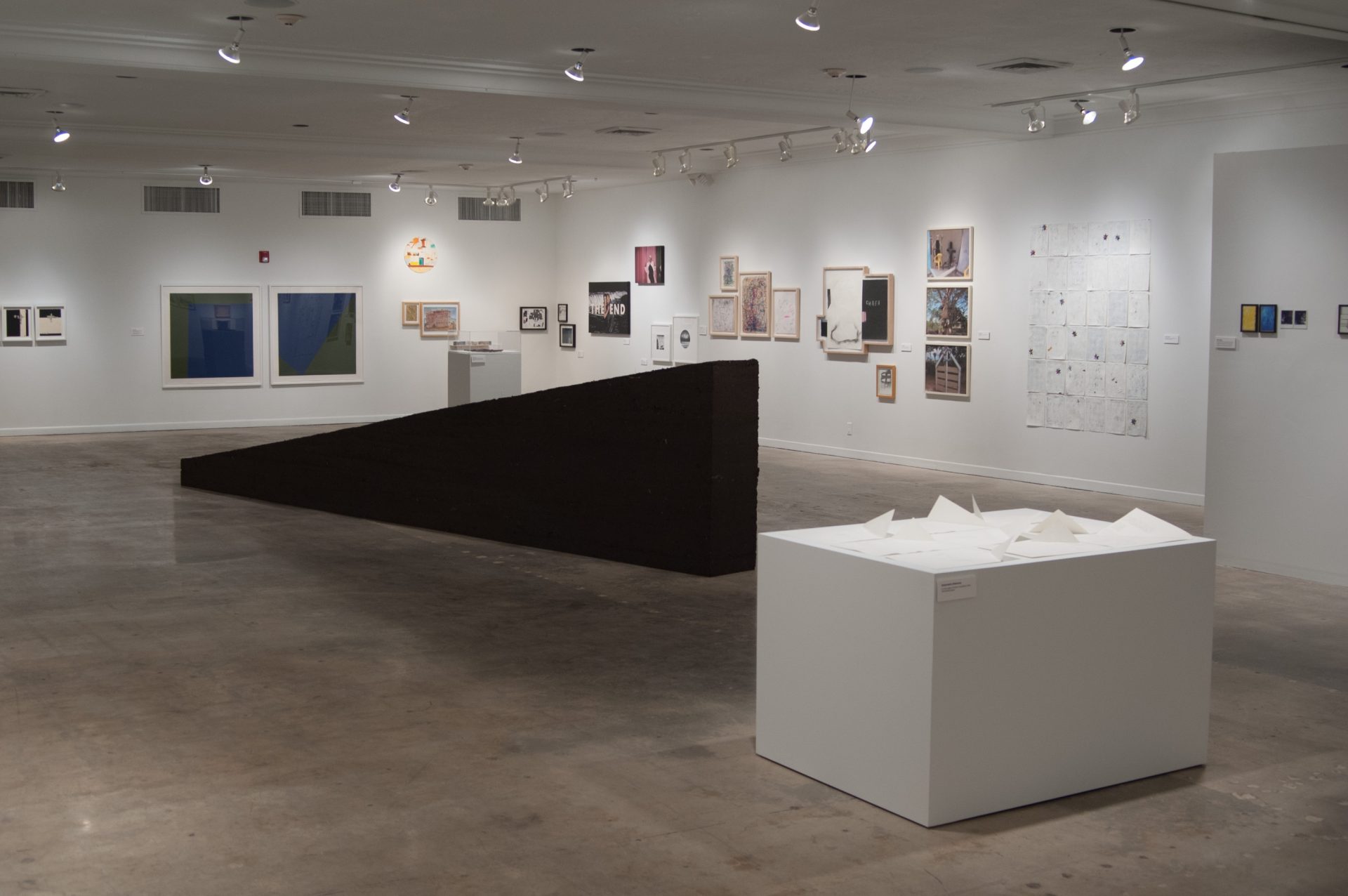Harking back to the recent post, “F*ck you. Pay me,” the mention of infuriation when it comes to the work that artists do, below is the current issue of the e-flux journal.
Let’s be clear about something: it is infuriating that most interesting artists are perfectly capable of functioning in at least two or three professions that are, unlike art, respected by society in terms of compensation and general usefulness. And compensation—which is money—is not only for feeding lavish lifestyles or taking spontaneous beach vacations. Ask anyone who has children or sick relatives in a country without good health care—which could now be almost any country as the administration of life is deferred more and more to the private sphere of personal finance. This only makes the question of fair compensation all the more pressing—it is no longer an issue of some kind of moral or ethical principle, but of life itself. So why should so many talented and hyper-qualified artists submit themselves willingly to a field of work (that is, in art) that offers so little in return for such an huge amount of unremunerated labor?
For some reason, either due to artists’ own vanity, to being hypnotized by some sort of authorial diva imperative that promises large-scale recognition, or due to the expectations of the culture itself (not the field of “cultural production” but the de facto one, the less dynamic and slower moving one) and its own befuddlement with regard to artists’ usefulness, the artist is left to expend an enormous amount of professional energy in the doldrums of a murky pseudo-profession that absorbs work under the auspices of some kind of common belief in its higher value.
But art is not a religion, and, though it often seems structurally similar, it is not a charity either. This idea of a “higher value” that presides over—and indeed fuels—an idea of art labor as free labor must be contested. All are to blame for it: though classical exploitation is rampant, it may actually pale in comparison to the amount of self-exploitation—the willingly inconclusive, highly generative work that is either too useless or too stubborn to ever align itself with the mundane, but remunerated, field of average labor: that of bakers, garbage men, police officers, cobblers, lawyers, engineers, day laborers, and so forth. These are the people you make your work about, and perhaps who your parents are. Art, you would like to think, is a shining vision of a possibility for something else.
So you secretly support your art work with your money job, even a high-paying one. You are your own sugar daddy and trophy wife in a single package. Your gallery sells your work, maybe for a lot of money, yet something does not line up there either. The work does not find its reception even when it is well received. You keep dumping your personal resources into producing your work, your relationships crumble, and the work simply doesn’t find its audience the way an engineer’s building plan will inevitably be constructed, for better or worse.
One option is to blame it all on authorship and the cult of the author. But that seems frankly ridiculous. Erase your name, and not only will you not get paid for your time, you will not get credited either. It’s like performing an act of charity for a plant. The only option available could be to simply work more—but while claiming the privileged capacity of the artist within the fields where your determined amateurism has made you a functional expert.
—Julieta Aranda, Brian Kuan Wood, Anton Vidokle
